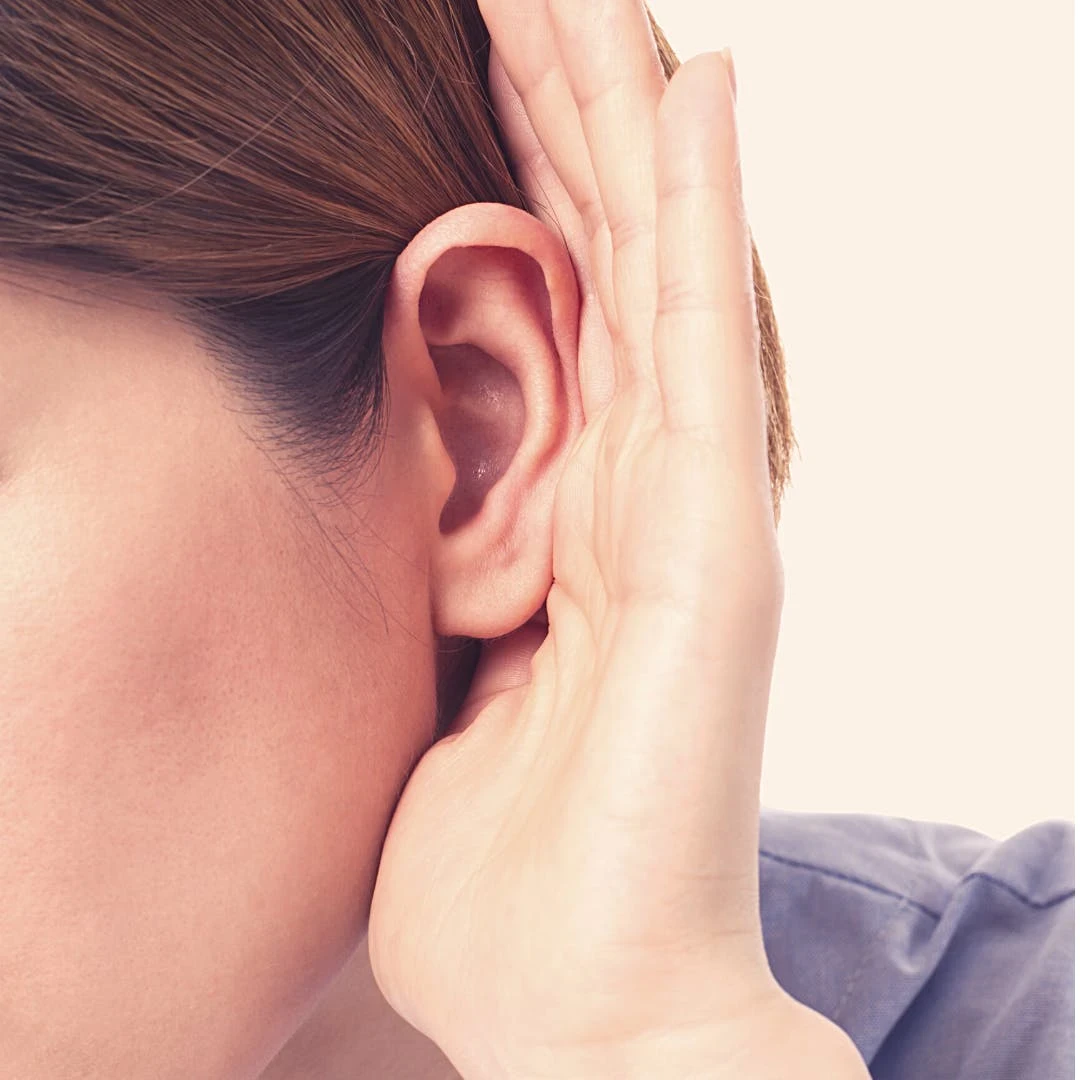What Level Of Hearing Loss Requires A Hearing Aid?
The level of hearing loss that requires a hearing aid can vary depending on the individual and their specific needs. Generally speaking, if you are experiencing difficulty hearing sounds or speech that are softer than 40-50 decibels (dB), you may be a candidate for a hearing aid.
40-50 decibels (dB) is a range of sound intensity that is equivalent to a soft to moderate level of noise. Examples of sounds that fall within this range include a quiet conversation at home or in a library, the hum of a refrigerator or air conditioner, or a low-volume television or radio.
For individuals with normal hearing, sounds at this level of intensity are typically easy to hear and understand. However, for individuals with mild to moderate hearing loss, sounds in this range may be more difficult to detect or understand, particularly in noisy environments or when multiple sounds are competing for attention.
How Is Hearing Loss Measured?
Hearing loss is typically measured using an audiogram, which is a visual representation of your ability to hear different pitches or frequencies. During a hearing test, you will typically be asked to wear headphones and listen to a series of tones played at different frequencies and volumes. You will then be asked to indicate when you can hear the tone, and the results will be recorded on the audiogram.
The audiogram typically measures hearing ability across a range of frequencies, with the results presented as a graph that shows the softest sounds you can hear at each frequency. The audiogram can be used to determine the type and degree of hearing loss, as well as the most appropriate course of treatment, which may include hearing aids or other devices.
Are Audiologists Covered By Insurance?
In many cases, audiology services are covered by insurance. However, the specific coverage and benefits may vary depending on the type of insurance plan and the individual’s policy.
Related: Neon Yellow Pee – What Causes It?
Most health insurance plans, including Medicare and Medicaid, cover diagnostic hearing tests, as well as medically necessary treatment and management of hearing loss. This may include hearing aids, cochlear implants, and other assistive devices, as well as counseling and other support services.
It’s important to note that insurance coverage for audiology services may be subject to deductibles, co-payments, and other out-of-pocket expenses. It’s also important to check with your insurance provider and your audiologist to determine what services are covered, what costs you can expect to incur, and what documentation may be required to file a claim or request reimbursement.
Can You Buy A Hearing Aid Over The Counter?
As of August 2021, the FDA has established a new category of hearing aids known as over-the-counter (OTC) hearing aids, which can be purchased directly by consumers without a prescription or consultation with an audiologist.
These OTC hearing aids are designed for individuals with mild to moderate hearing loss and are intended to be affordable and easy to use, with features such as pre-set sound profiles and user-controlled volume and tone settings. However, they may not be appropriate for individuals with more severe hearing loss or complex hearing needs, and may not provide the same level of customization and precision as traditional hearing aids.
It’s important to note that while OTC hearing aids may be more accessible and affordable, they may not be suitable for all individuals with hearing loss. If you are experiencing hearing loss, it’s important to consult with an audiologist or hearing healthcare professional to determine the cause and extent of your hearing loss, and to explore all available options for treatment and management, including both OTC and traditional hearing aids.
What Level Of Hearing Loss Requires A Hearing Aid: Summary
If you are having trouble hearing sounds or speech softer than 40-50 decibels (dB), you may be a candidate for a hearing aid. This level of hearing loss is typically classified as mild to moderate, and may make it difficult to hear conversations, television or radio, or other everyday sounds. However, it’s important to note that hearing loss can affect people differently, and some people may find a hearing aid helpful even if their hearing loss is not very severe. Speak to a medical professional who can help you, such as an ENT physician or audiologist.
We discuss products we think are useful to people. If you buy something through our links, we may earn a commission. Remember to check with your personal physician to see if a product recommended is right for you.








